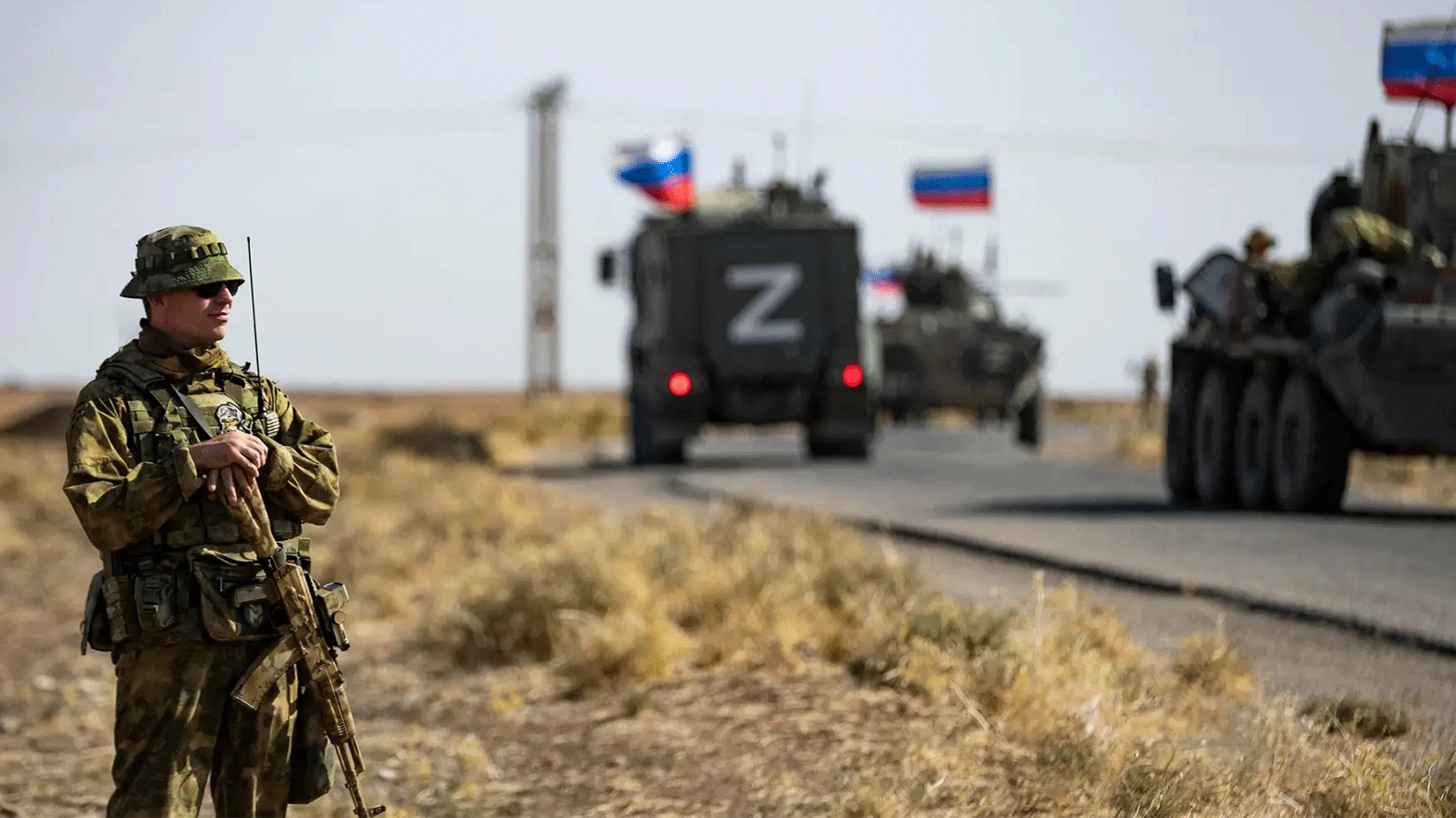Russian military conducts patrol in northern Syria amid increasing Turkish drone strikes

ERBIL (Kurdistan 24) – The Russian military on Wednesday toured the Syrian-Kurdish town of Qahtaniyah (Tirbespi) a day after Turkey carried out several drone and airstrikes on Monday and Tuesday.
The UK-based Syrian Observatory for Human Rights (SOHR) reported that a Russian military patrol of three vehicles accompanied by two helicopters toured the area of Tirbespi to examine security checkpoints.
On Dec. 23, Turkish attack drones struck oil sites near the oil-rich Tirbespi region.
Read More: Turkey continues drone strikes and airstrikes in northeast Syria
The Turkish army escalated their aerial bombardment on various areas in northeastern Syria in recent days, carrying out 48 drone strikes, targeting infrastructure, clinics, hospitals, factories, mills and bakeries, the SOHR also reported.
The air and drone strikes were carried out in response to the death of 12 Turkish soldiers during clashes with the Kurdistan Workers’ Party (PKK).
On Monday, at least eight civilians lost their lives and several civilians were injured in the drone strikes, as reported by the Syrian Democratic Forces (SDF) and the SOHR. On Tuesday, three Asayish members were also injured by Turkish strikes.
Farhad Shami, head of the SDF media center, on Wednesday told the Kurdish Sterk TV channel that “attacks against our regions are impossible without the approval of Russia and America.”
“Russia views the autonomous administration in northeast Syria as a serious impediment to the end of the conflict in the country with an outcome that returns Assad to power over all of Syrian territory,” Nicholas A. Heras, the Senior Director for Strategy and Programs at New Lines Institute, told Kurdistan24.
“There has long been a quid-pro-quo between Russia and Turkey in northeast Syria which allows Turkey some limited opportunities to attack the SDF and autonomous administration officials in return for Ankara's commitment to the Adana Accords,” Heras concluded.
